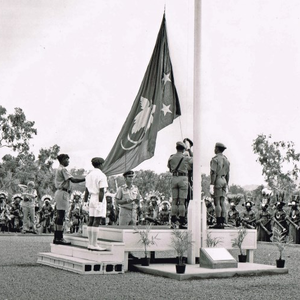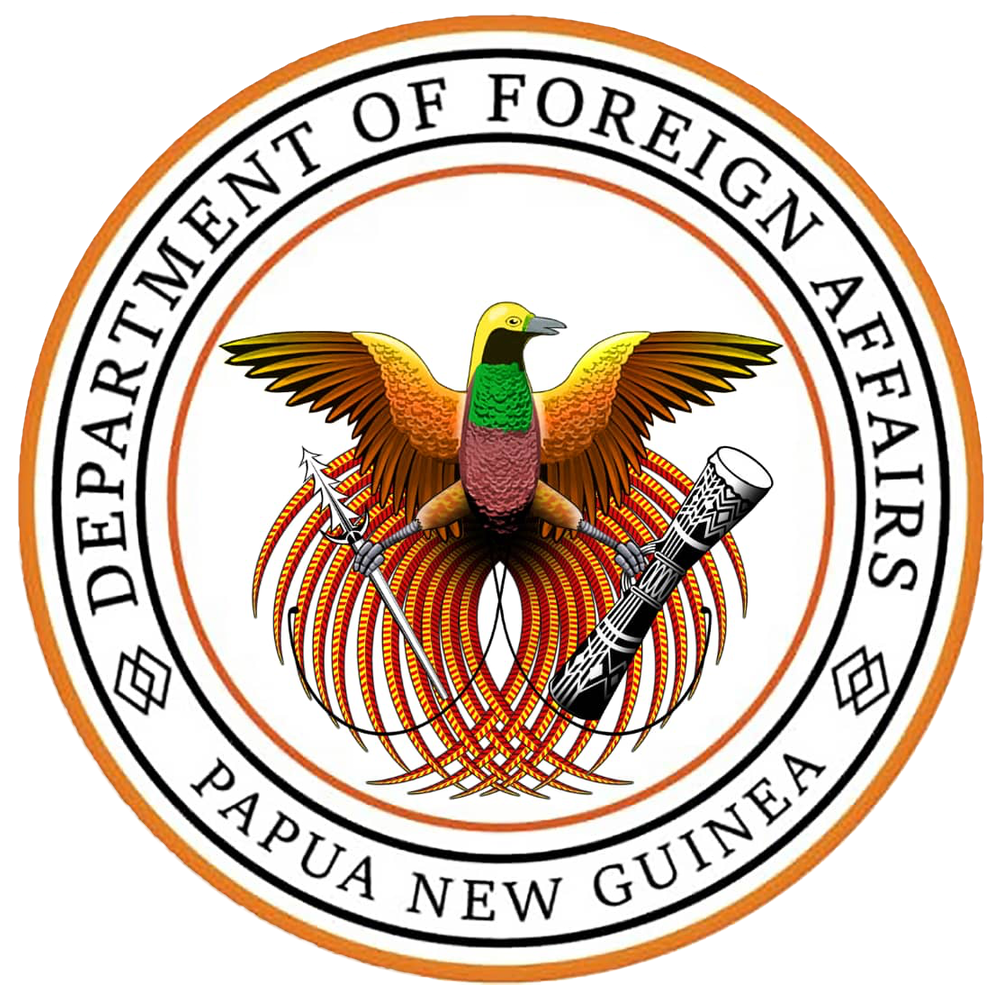About PNG: Transportation and Communication
Transportation and communication are essential components of Papua New Guinea's (PNG) infrastructure, playing pivotal roles in connecting diverse regions and fostering economic and social activities. The country's challenging topography, characterized by rugged mountains, dense rainforests, and numerous islands, presents obstacles to the development of a comprehensive transportation network.
Despite these challenges, road networks are critical for linking communities and facilitating the movement of goods and people. However, many remote areas face the limitations of poorly maintained roads, hindering accessibility and transportation efficiency.
Air transport is a key mode of travel in PNG, particularly given its challenging geography. Domestic flights are essential for accessing remote and isolated regions, and numerous airstrips exist throughout the country. Major airports, such as Jacksons International Airport in Port Moresby, serve as international gateways. Maritime transport is equally crucial due to the significant number of islands. Ferries and boats connect coastal and island communities, serving as vital links for trade and communication.
In terms of telecommunications, PNG has witnessed advancements, especially in mobile phone usage. While mobile networks cover a substantial portion of the population, internet connectivity can be variable, especially in remote areas. The digital divide between urban and rural areas remains a challenge, with limited access to modern communication technologies in some remote regions. Satellite communication technology plays a role in providing connectivity in areas where terrestrial infrastructure is challenging.
Challenges in transportation infrastructure include maintenance issues, limited road connectivity, and the need for investment in upgrading and expanding the existing network. Despite these challenges, the government of PNG recognizes the importance of improving transportation and communication infrastructure. Initiatives aimed at road construction, maintenance, and the expansion of telecommunications networks are part of broader development plans.
The ongoing development of transportation and communication infrastructure presents opportunities for economic growth, increased connectivity, and enhanced access to education and healthcare services.
In summary, transportation and communication are integral to overcoming geographical barriers in PNG. Ongoing efforts to improve road networks, enhance air and maritime transport, and expand communication infrastructure aim to create a more integrated and accessible environment for both urban and remote communities, contributing to the overall development of the country.

